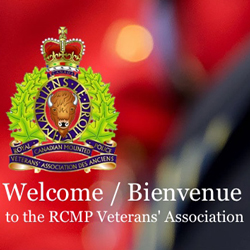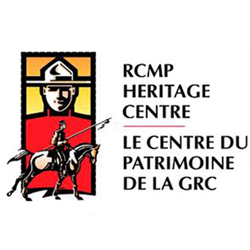Mefloquine – Use as Anti-Malarial Medication for Deployed RCMP Personnel
RCMP VETERANS’ ASSOCIATION

Mefloquine – Use as Anti-Malarial Medication for Deployed RCMP Personnel
This bulletin has been distributed to all Association Members.
Association Members:
If you were deployed overseas during your service with the RCMP, the following information respecting the anti-malarial medication Mefloquine (also known as Lariam) may be of interest to you.
Mefloquine is one of four (4) anti-malarial medications that may have been prescribed to individuals deployed for peace operation missions in areas at a high risk for malaria. Areas at risk for malaria include: Asia, Africa, Caribbean, Middle East, South and Central America and South Pacific.
In addition to mefloquine (also referred to as Lariam), three other (3) anti-malarial medication options include atovaquone-proguanil,chloroquine and doxycycline.
Malaria is a serious disease that can cause death if not treated right away. Anti-malarials are prescribed based on the risk of malaria, an individualized medical assessment and in accordance with Canadian recommendations for the prevention and treatment of malaria.
Individuals deployed for peace operation missions may have been prescribed, and may have taken anti-malarial medication further to this individual risk assessment. RCMP Health Services also provides mandatory pre-deployment & post-deployment medical and psychological examinations for officers going on mission. Pre-deployment examinations are conducted to confirm personnel are fit to deploy and to provide them with all immunizations and medications necessary for their mission. In select cases, such as first time use, a short monitored trial may also have been conducted as part of this assessment. Post-deployment examinations assess overall wellness of returning police officers and that they are fit to resume their regular police duties.
Mefloquine is generally well tolerated however side effects have been known to occur, including nausea, headaches and insomnia. These symptoms are usually mild and resolve within a few days. There have also been reports of rare cases (1 in 10 600) of serious adverse reactions to the drug. The reported side-effects include anxiety, paranoia, depression, hallucinations and nervous system problems such as vertigo, tinnitus and seizures.
For those who are interested in learning more please see the safety review conducted by Health Canada, available here: Summary Safety Review – Mefloquine (2017). Health Canada’s safety review found limited evidence to support the allegation that long-lasting and permanent neurological and psychiatric adverse events are caused by the use of mefloquine.
To learn about DND’s experiences, see the Surgeon General Task Force Report on Mefloquine (2017).
Please note that RCMP Veterans can request and obtain a copy of their personal occupational health (medical) file directly through the divisional Occupational Health and Safety Services office, OIC of Health rather than through the formal ATIP process.
Click here to access a contact list of RCMP Division Headquarters Offices.
RCMP Health Services provided additional detail respecting the protocol and policy RCMP has followed respecting the prescription of anti-malarial medications including mefloquine.
Click here to learn more.

Copyright © 2019 RCMP VETERANS’ ASSOCIATION. All rights reserved.
Our mailing address is:
RCMP VETERANS’ ASSOCIATION GRC
140 Riverstone Drive
Nepean, Ontario
K2J 5E5
Canada


 December 11, 2019
December 11, 2019 






